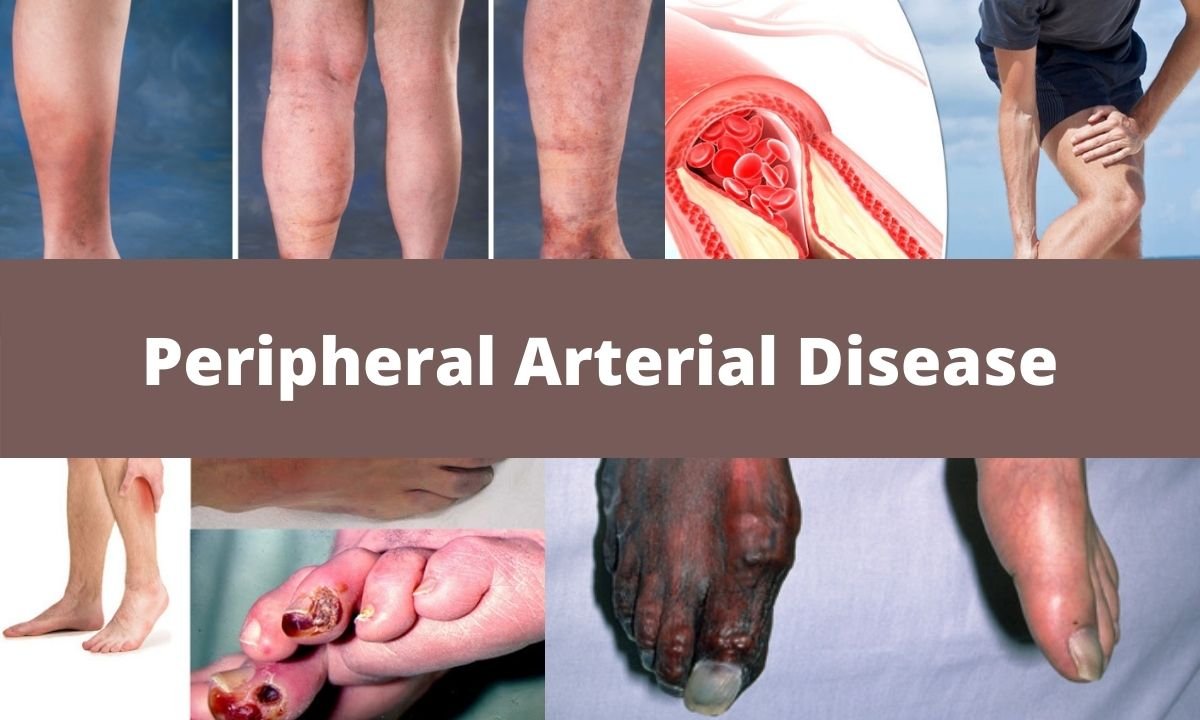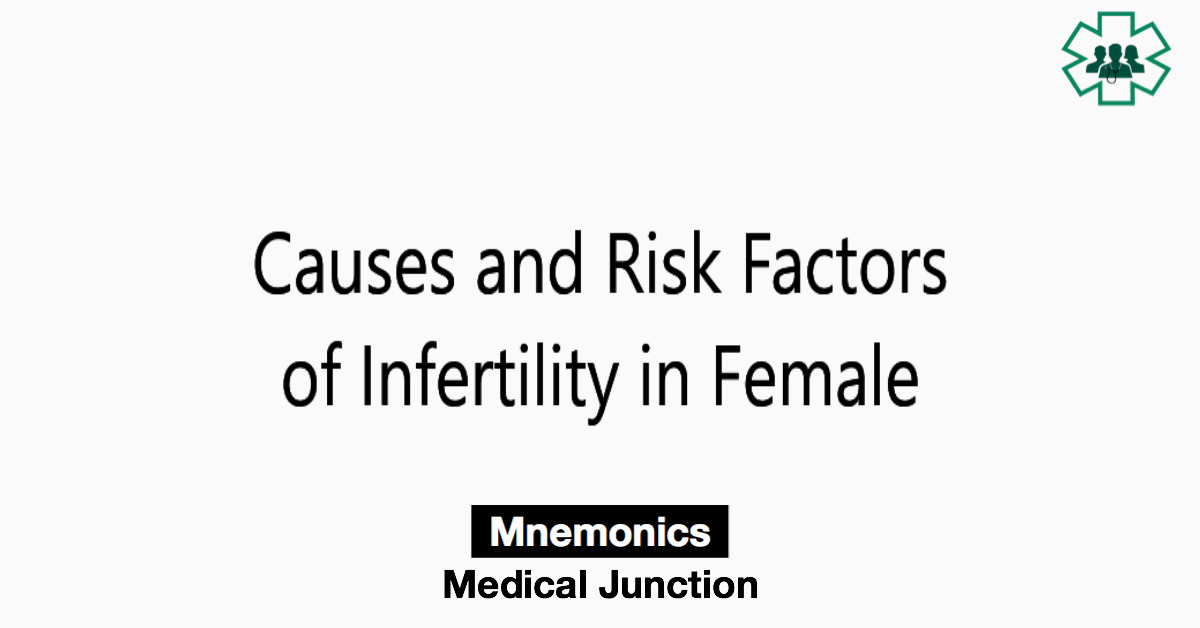A 65-year-old woman with postmenopausal bleeding was referred to an outpatient hysteroscopy clinic. She was found to have a normal endometrium and a 2 cm endometrial polyp on hysteroscopic assessment. She is otherwise fit and well except for mild osteoarthritis. She is not on any regular medications. Clinical examination is otherwise unremarkable. Recent blood tests (FBC, U&Es) were also normal.
With regards to management options, which of the following is the most appropriate?
- Expectant management should be considered
- Blind avulsion should be offered
- Hysteroscopic resection or morcellation should be performed under general anaesthetic
- Dialatation and curettage should be performed if the polyp is too big to be removed.
Answer
Right answer is option 3
Explanation
The answer is hysteroscopic resection or morcellation should be offered. She is symptomatic and postmenopausal, meaning the probability of malignancy is higher. Endometrial polyps that are less than <1 cm and asymptomatic can regress spontaneously, in premenopausal women. Hysteroscopic resection should be performed since the recurrence rate is 15% in blind avulsion compared to 0% if hysteroscopic resection is used. Thus all post-menopausal women with polyps and premenopausal women who are symptomatic or have endometrial polyps more than 1 cm should have a resection.
The OPT trial concluded that OPD hysteroscopy was less satisfactory for polyp removal than inpatient treatment.





